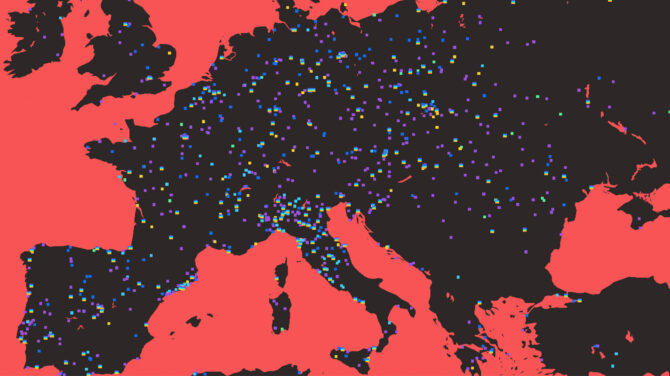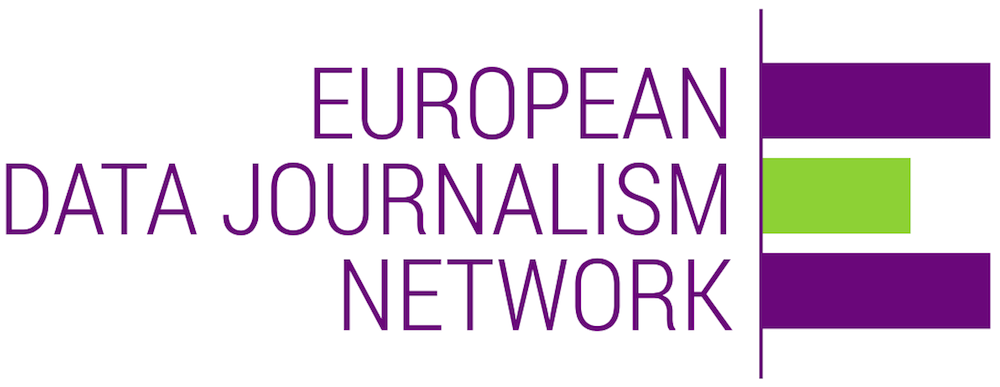A cross-border data journalism feature, led by Divergente with the contribution of twelve other journalistic organizations—members of the European Data Journalism Network (EDJNet)—studied voter abstention from all types of elections across Europe over the last 50 years. It examined voter turnout in relation to 16 socio-economic indicators, analyzing a total of 697 elections in the 27 Member States from 1974 to 2023.
Mapping the honoured individuals in the streets of Europe

EDJNet looked at 145,933 streets named after individuals in 30 major European cities located in 17 different countries. Only 9% of these are named after a woman.
One in four voters in the European Union choose not to participate in any kind of elections, according to a cross-border analysis led by Divergente and involving 16 other media organizations. The analysis studied data on voter turnout in European, parliamentary, and municipal/regional elections from 1974 to 2023 in each of the 27 Member States.
Abstention from elections was examined in relation to socio-economic indicators (average income, employment, level of education, etc.). The analysis shows that electoral participation rates are proportional to the social and economic conditions prevailing in each country: the lower the average salary in a Member State, the higher the abstention rate in European elections. Similarly, in countries with higher levels of inequality, participation in national elections is also lower.
Twice as many people vote in Central European countries as in Eastern European countries. In Romania, Bulgaria, Croatia, and Lithuania, more than half of the electorate chose not to vote in the most recent government elections. Greece completes the top five countries with the highest abstention rates from the most recent national elections, with 46% of the electorate abstaining in the last parliamentary elections. The corresponding figure for the total European population is estimated at 30%.
These are just some of the main conclusions of The Non-Voter Time Bomb project, implemented under the coordination of Divergente, in collaboration with EDJNet and DINÂMIA’CET-Iscte. The following 13 EDJNet member journalistic organizations, including iMEdD, contributed to the project: Átlátszó, Delfi.ee, Denník N, Deutsche Welle, Divergente, El Confidencial, Eurologus, Il Sole 24 Ore, OBC Transeuropa, Pod črto, PressOne, iMEdD, Voxeurop.
For more information, please refer to the “About” section of the web application. The working methodology is published here.
